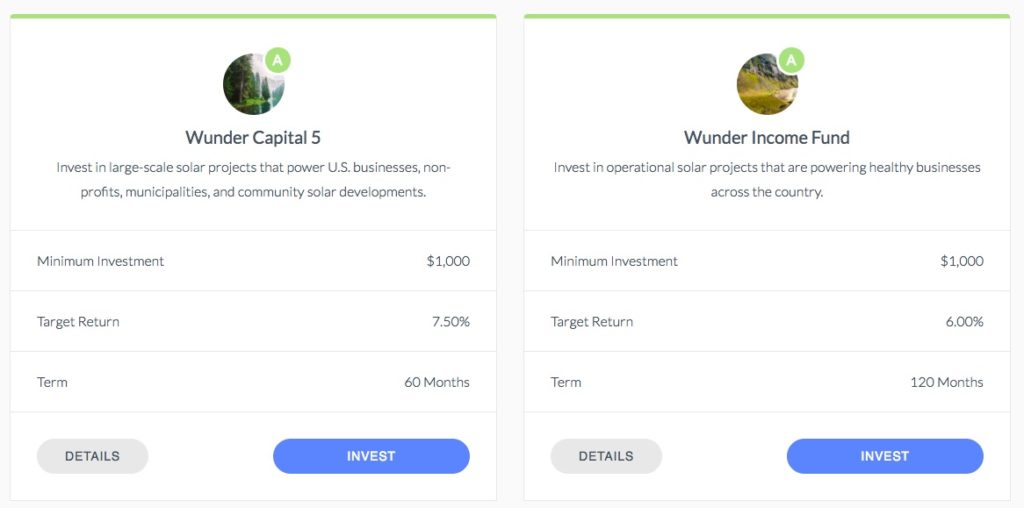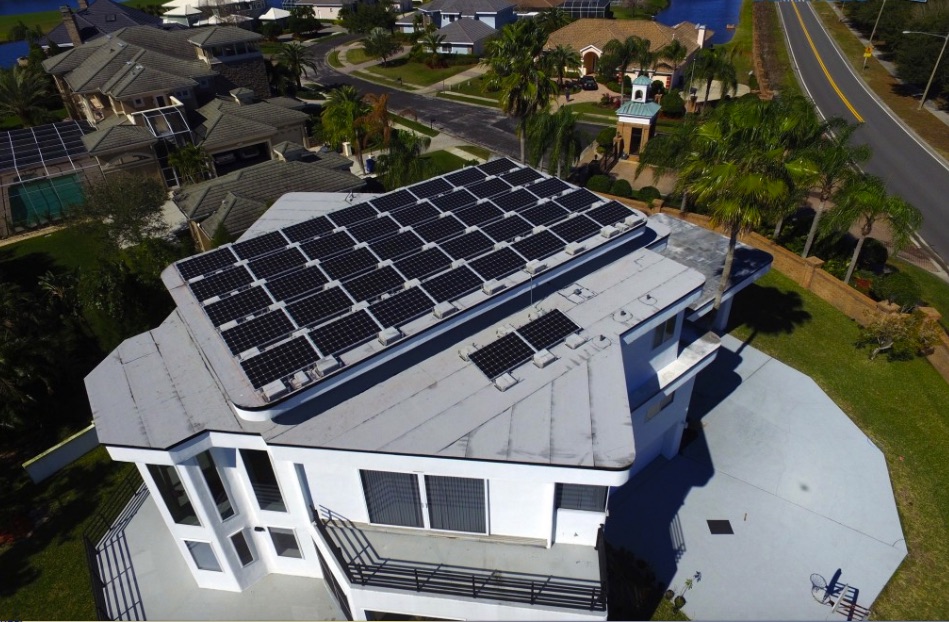
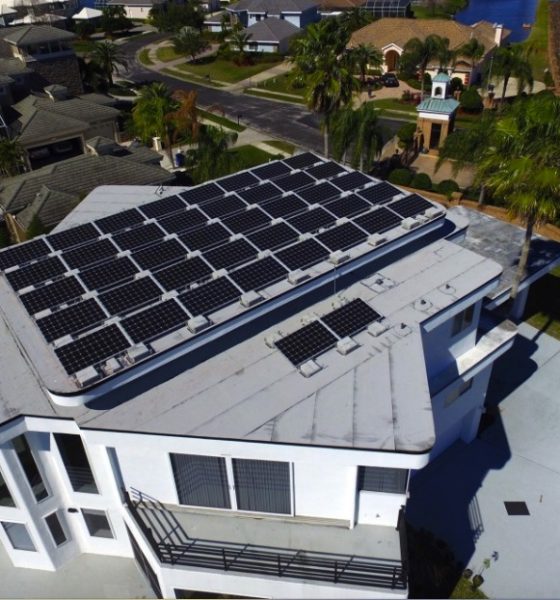
Energy
Tesla owner explains why solar investments can help reduce world conflict
As a former fighter pilot and university professor, I have long been involved in how to reduce conflict in the world. Conflict over resources, particularly oil, has driven continuous wars in the last century. Also concern over climate and energy usage has been a preoccupation. Furthermore it is getting colder in Boston every year and the snow is deeper. I need to eliminate dependence on oil and have a backup in case of electrical outage.
It is my view that energy will be so low cost in the future that it will essentially be free if innovations in many laboratories come to fruition. The one solution that is readily available today for free energy is solar. Particularly in recent years the cost has dropped so radically that the payback for solar installation is less than five years.
So my goal is to eliminate oil consumption systematically and completely. My view is that oil is unnecessary and only used because business interests make a lot of money off it while destroying the planet. Only if we stop buying will they change their ways.
My first step was to move toward electric cars. However, I wanted a better car, a faster car, and a more fun car. I found that in the Tesla Roadster. I followed up on the Roadster purchase by buying a Tesla Model S P85D, followed by a Model S P100D which I like to think is a courtesy of my early investment into Tesla stock, and my overall support in an industry that so few people believed in at the time: electric cars.

CEO, Principal Consultant and Trainer at ScrumInc.com Jeff is the inventor and co-creator of Scrum. He is a West Point graduate, former fighter pilot and cancer researcher, as well as CTO of eleven different software companies. He launched the first Scrum team in 1993 and has shepherded its growth into almost every industry: finance, healthcare, higher education and telecom.
We’re at the same crossroads again with the emerging solar industry. People hear about it, read about it, and form a general perception that solar is a good thing, but being involved requires high capital expenditures and personal involvement by way of installing solar panels onto one’s home or business. The solar market reminds me of Tesla before it was the Tesla that we know of today. People were once intrigued by the thought that cars could be powered by batteries and believed that getting involved was arguably a risky and expensive endeavor. But that market, as we now know, was destined to boom. Solar is in the same league.
“I have a personal goal to provide as much free electricity I can to others”
Beyond installing a solar and geothermal system on my home that’s large enough to offset more than $6000/year in oil costs, plus $6000 in electricity costs, and eliminates all gasoline expenses for my cars, I have a personal goal to provide as much free electricity I can to others. This is how I feel about life. We don’t need oil and energy should be free for all. My personal demonstration is to give energy away for free while generating a zero carbon footprint.
In order to expand the opportunity for people to experience free energy we need to make it easy to finance solar projects. In addition to my own projects, I’m teaming up with Wunder Capital and investing some of the money I am saving on energy to help others make a decision for a better life and a clean planet. It provides a good return on investment which I can then reinvest in more free solar energy projects.
– Jeff Sutherland
Tesla Roadster, Model S P85D, Model S P100D
Disclaimer: Any investment comes with risk. Please consult with a financial advisor before investing. Wunder Capital is a partner of Teslarati.

Energy
Tesla meets Giga New York’s Buffalo job target amid political pressures
Giga New York reported more than 3,460 statewide jobs at the end of 2025, meeting the benchmark tied to its dollar-a-year lease.
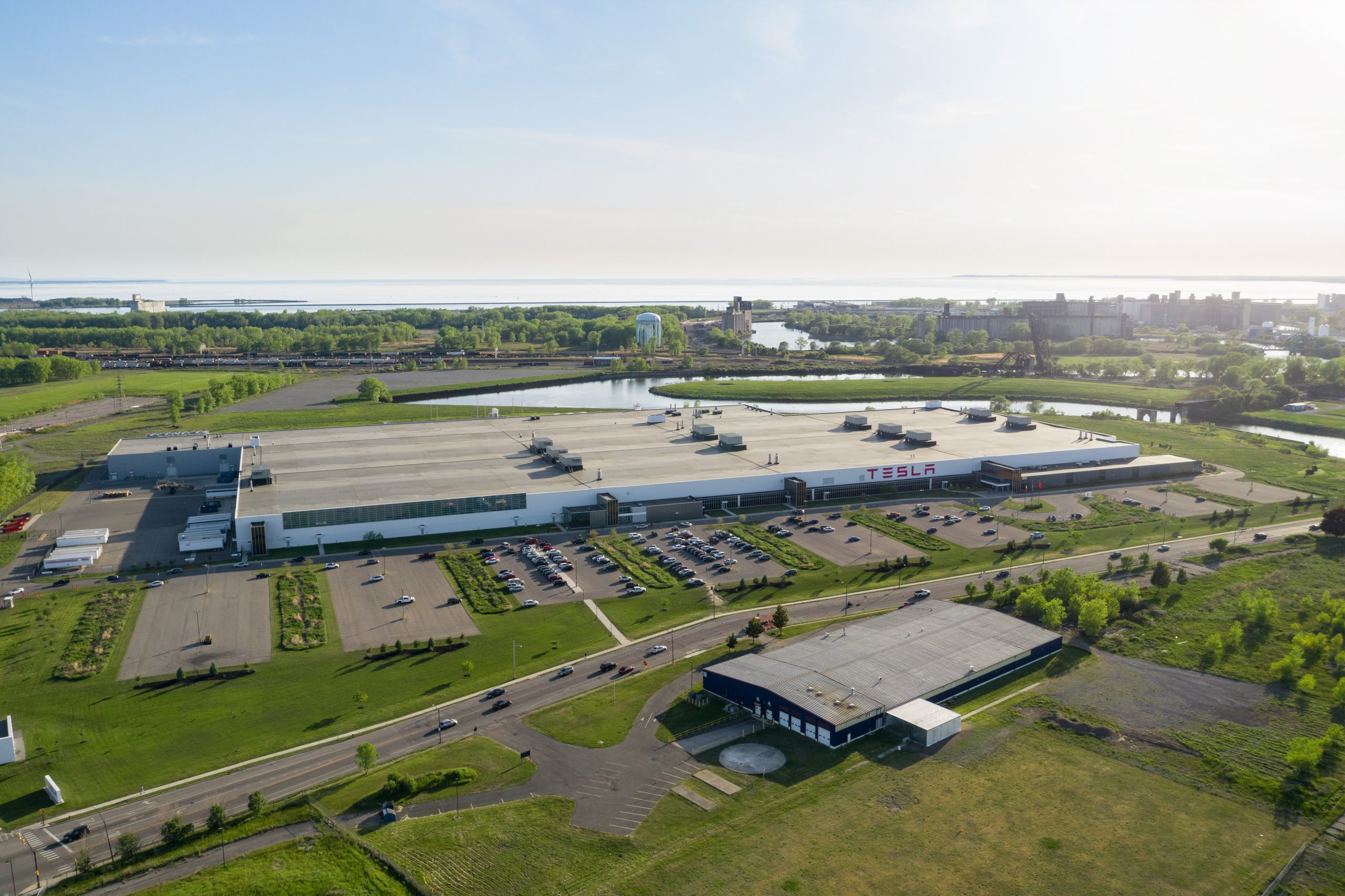
Tesla has surpassed its job commitments at Giga New York in Buffalo, easing pressure from lawmakers who threatened the company with fines, subsidy clawbacks, and dealership license revocations last year.
The company reported more than 3,460 statewide jobs at the end of 2025, meeting the benchmark tied to its dollar-a-year lease at the state-built facility.
As per an employment report reviewed by local media, Tesla employed 2,399 full-time workers at Gigafactory New York and 1,060 additional employees across the state at the end of 2025. Part-time roles pushed the total headcount of Tesla’s New York staff above the 3,460-job target.
The gains stemmed in part from a new Long Island service center, a Buffalo warehouse, and additional showrooms in White Plains and Staten Island. Tesla also said it has invested $350 million in supercomputing infrastructure at the site and has begun manufacturing solar panels.
Empire State Development CEO Hope Knight said the agency was “very happy” with Giga New York’s progress, as noted in a WXXI report. The current lease runs through 2029, and negotiations over updated terms have included potential adjustments to job requirements and future rent payments.
Some lawmakers remain skeptical, however. Assemblymember Pat Burke questioned whether the reported job figures have been fully verified. State Sen. Patricia Fahy has also continued to sponsor legislation that would revoke Tesla’s company-owned dealership licenses in New York. John Kaehny of Reinvent Albany has argued that the project has not delivered the manufacturing impact originally promised as well.
Knight, for her part, maintained that Empire State Development has been making the best of a difficult situation.
“(Empire State Development) has tried to make the best of a very difficult situation. There hasn’t been another use that has come forward that would replace this one, and so to the extent that we’re in this place, the fact that 2,000 families at (Giga New York) are being supported through the activity of this employer. It’s the best that we can have happen,” the CEO noted.
Energy
Tesla launches Cybertruck vehicle-to-grid program in Texas
The initiative was announced by the official Tesla Energy account on social media platform X.
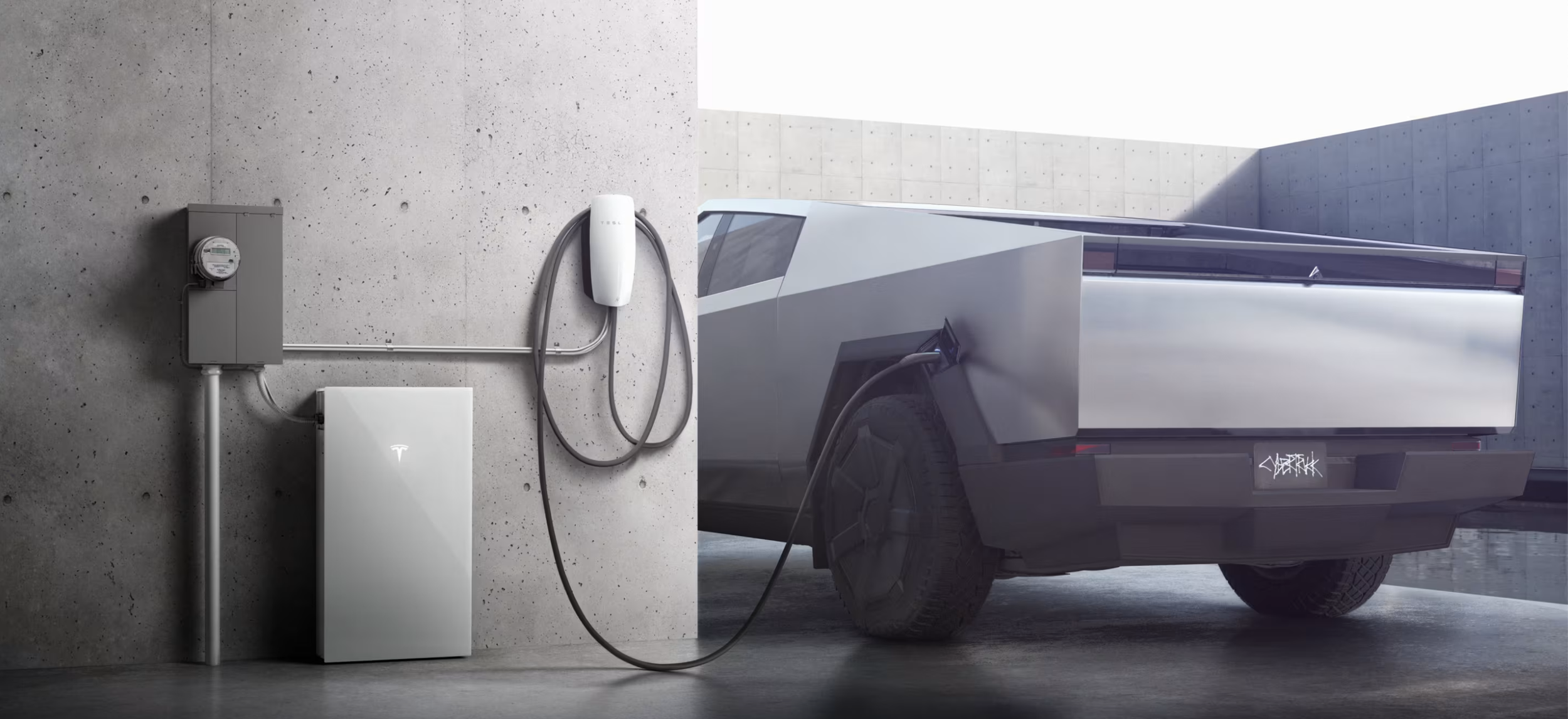
Tesla has launched a vehicle-to-grid (V2G) program in Texas, allowing eligible Cybertruck owners to send energy back to the grid during high-demand events and receive compensation on their utility bills.
The initiative, dubbed Powershare Grid Support, was announced by the official Tesla Energy account on social media platform X.
Texas’ Cybertruck V2G program
In its post on X, Tesla Energy confirmed that vehicle-to-grid functionality is “coming soon,” starting with select Texas markets. Under the new Powershare Grid Support program, owners of the Cybertruck equipped with Powershare home backup hardware can opt in through the Tesla app and participate in short-notice grid stress events.
During these events, the Cybertruck automatically discharges excess energy back to the grid, supporting local utilities such as CenterPoint Energy and Oncor. In return, participants receive compensation in the form of bill credits. Tesla noted that the program is currently invitation-only as part of an early adopter rollout.
The launch builds on the Cybertruck’s existing Powershare capability, which allows the vehicle to provide up to 11.5 kW of power for home backup. Tesla added that the program is expected to expand to California next, with eligibility tied to utilities such as PG&E, SCE, and SDG&E.
Powershare Grid Support
To participate in Texas, Cybertruck owners must live in areas served by CenterPoint Energy or Oncor, have Powershare equipment installed, enroll in the Tesla Electric Drive plan, and opt in through the Tesla app. Once enrolled, vehicles would be able to contribute power during high-demand events, helping stabilize the grid.
Tesla noted that events may occur with little notice, so participants are encouraged to keep their Cybertrucks plugged in when at home and to manage their discharge limits based on personal needs. Compensation varies depending on the electricity plan, similar to how Powerwall owners in some regions have earned substantial credits by participating in Virtual Power Plant (VPP) programs.
Cybertruck
Tesla updates Cybertruck owners about key Powershare feature
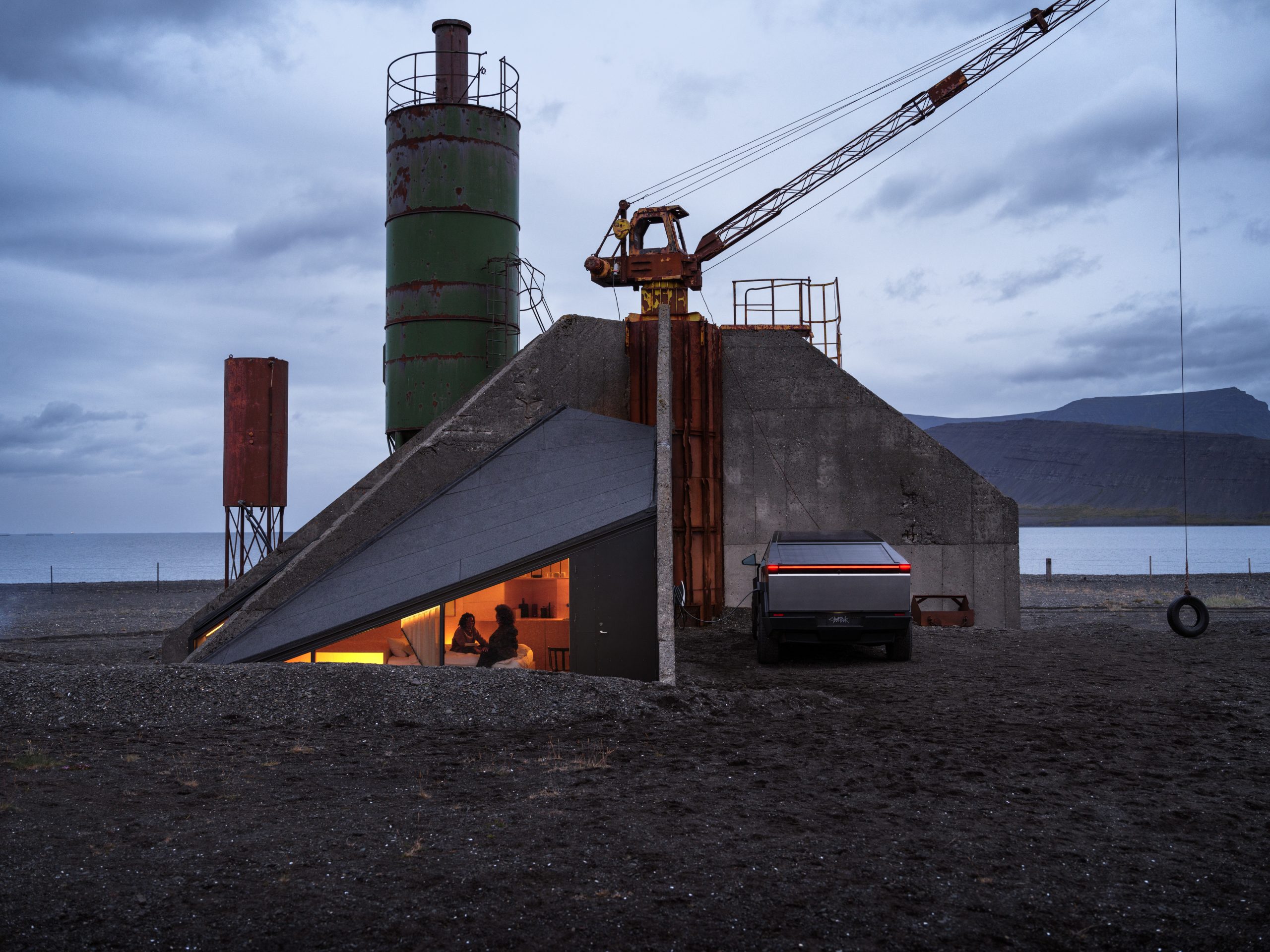
Tesla is updating Cybertruck owners on its timeline of a massive feature that has yet to ship: Powershare with Powerwall.
Powershare is a bidirectional charging feature exclusive to Cybertruck, which allows the vehicle’s battery to act as a portable power source for homes, appliances, tools, other EVs, and more. It was announced in late 2023 as part of Tesla’s push into vehicle-to-everything energy sharing, and acting as a giant portable charger is the main advantage, as it can provide backup power during outages.
Cybertruck’s Powershare system supports both vehicle-to-load (V2L) and vehicle-to-home (V2H), making it flexible and well-rounded for a variety of applications.
However, even though the feature was promised with Cybertruck, it has yet to be shipped to vehicles. Tesla communicated with owners through email recently regarding Powershare with Powerwall, which essentially has the pickup act as an extended battery.
Powerwall discharge would be prioritized before tapping into the truck’s larger pack.
However, Tesla is still working on getting the feature out to owners, an email said:
“We’re writing to let you know that the Powershare with Powerwall feature is still in development and is now scheduled for release in mid-2026.
This new release date gives us additional time to design and test this feature, ensuring its ability to communicate and optimize energy sharing between your vehicle and many configurations and generations of Powerwall. We are also using this time to develop additional Powershare features that will help us continue to accelerate the world’s transition to sustainable energy.”
Owners have expressed some real disappointment in Tesla’s continuous delays in releasing the feature, as it was expected to be released by late 2024, but now has been pushed back several times to mid-2026, according to the email.
Foundation Series Cybertruck buyers paid extra, expecting the feature to be rolled out with their vehicle upon pickup.
Cybertruck’s Lead Engineer, Wes Morrill, even commented on the holdup:
As a Cybertruck owner who also has Powerwall, I empathize with the disappointed comments.
To their credit, the team has delivered powershare functionality to Cybertruck customers who otherwise have no backup with development of the powershare gateway. As well as those with solar…
— Wes (@wmorrill3) December 12, 2025
He said that “it turned out to be much harder than anticipated to make powershare work seamlessly with existing Powerwalls through existing wall connectors. Two grid-forming devices need to negotiate who will form and who will follow, depending on the state of charge of each, and they need to do this without a network and through multiple generations of hardware, and test and validate this process through rigorous certifications to ensure grid safety.”
It’s nice to see the transparency, but it is justified for some Cybertruck owners to feel like they’ve been bait-and-switched.
